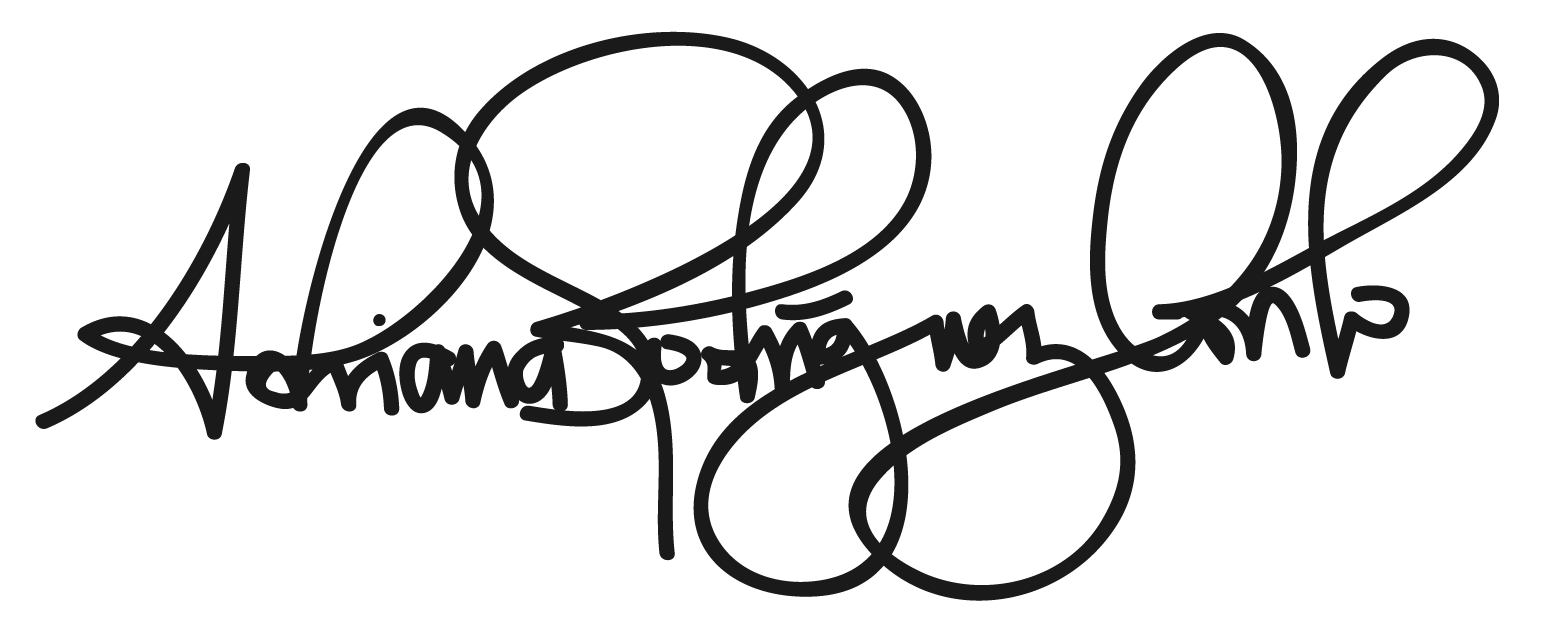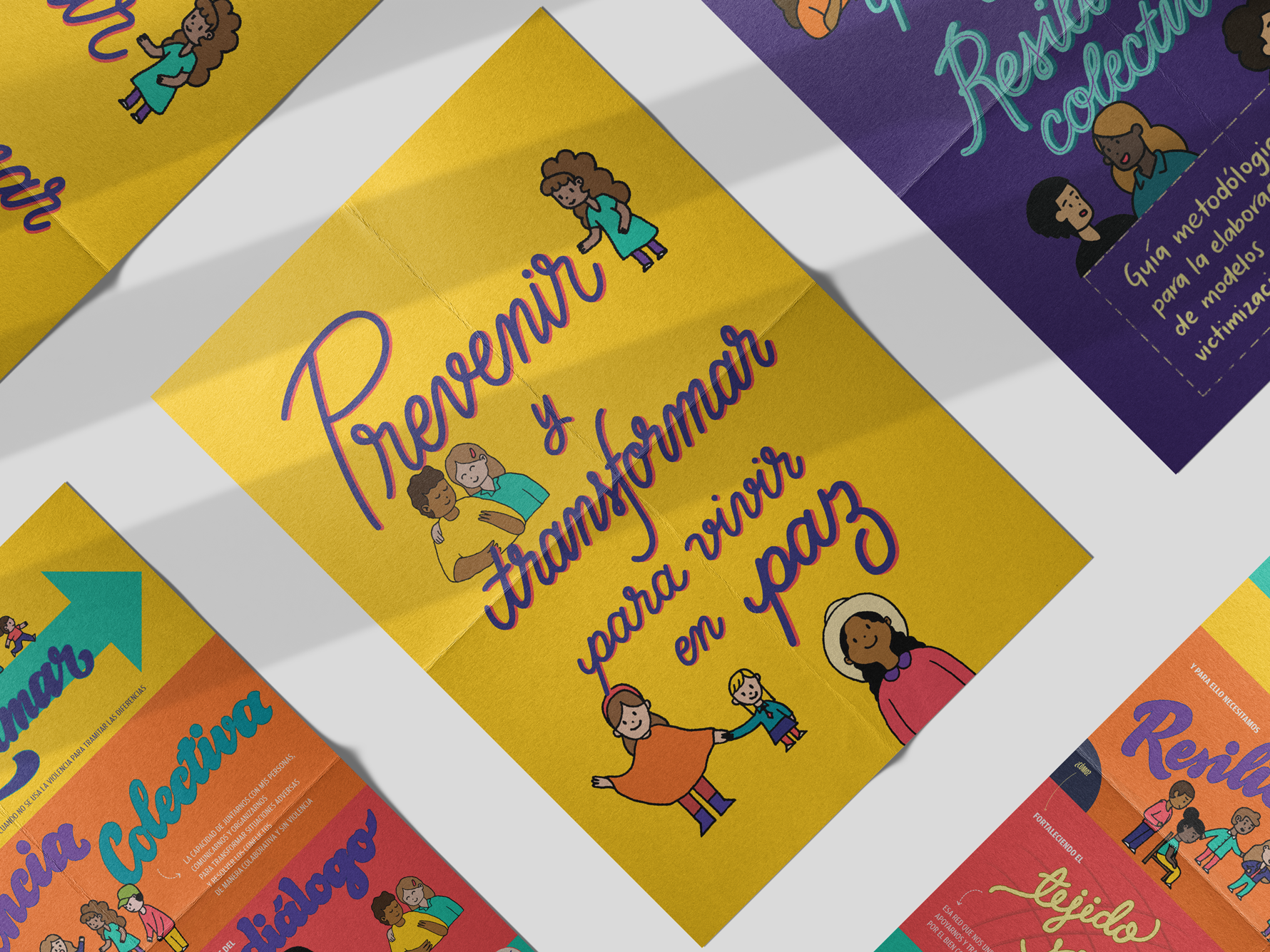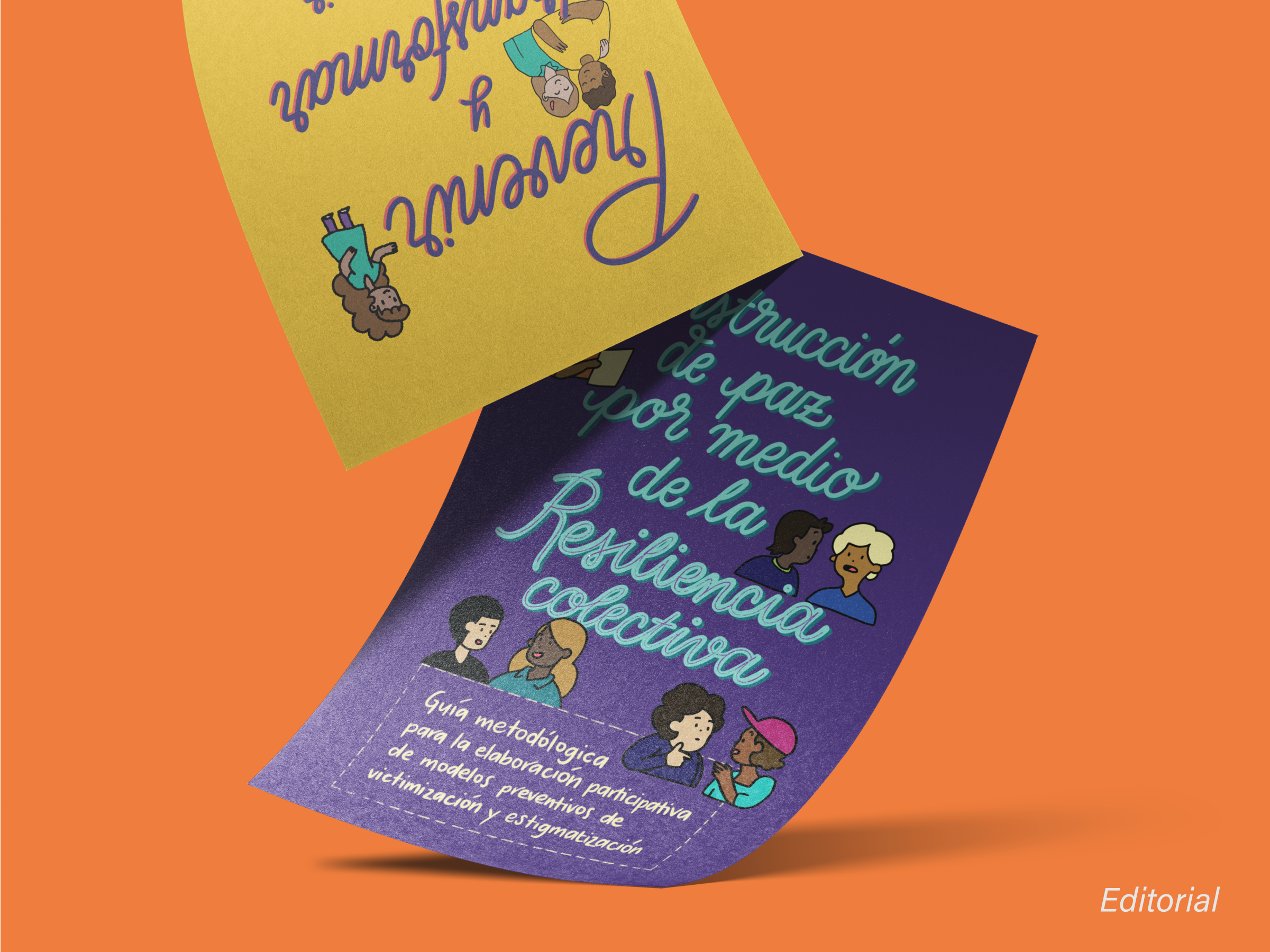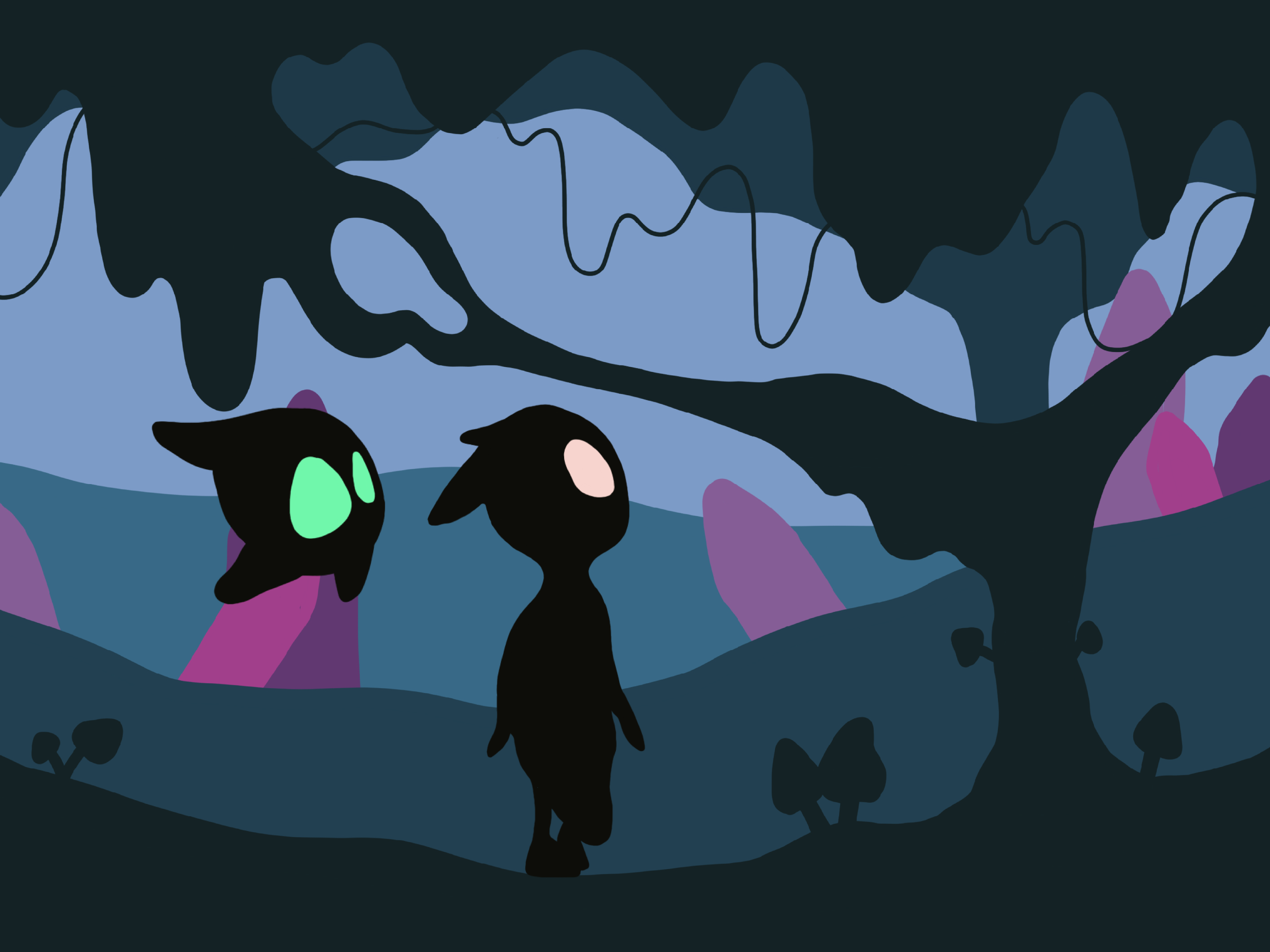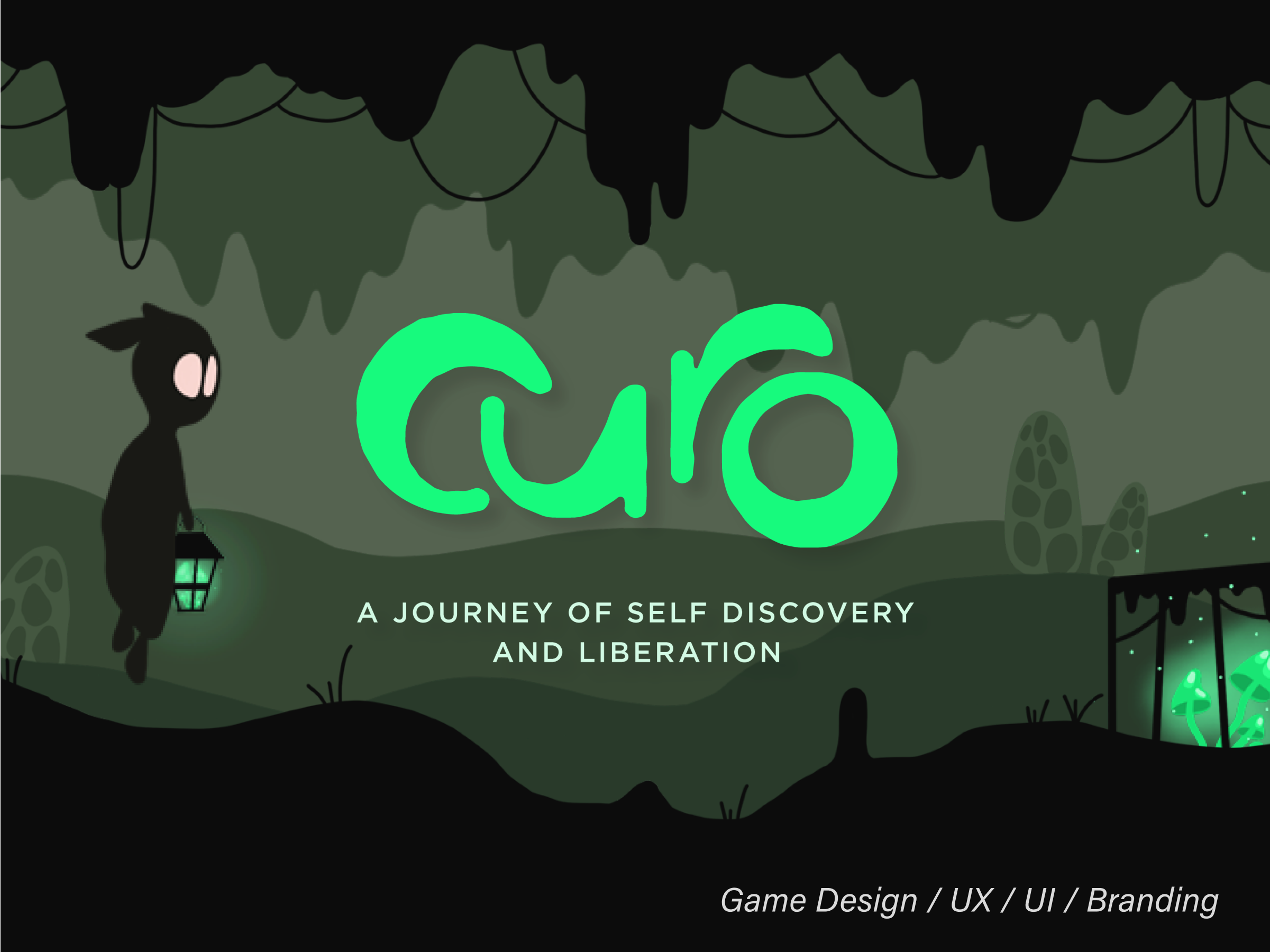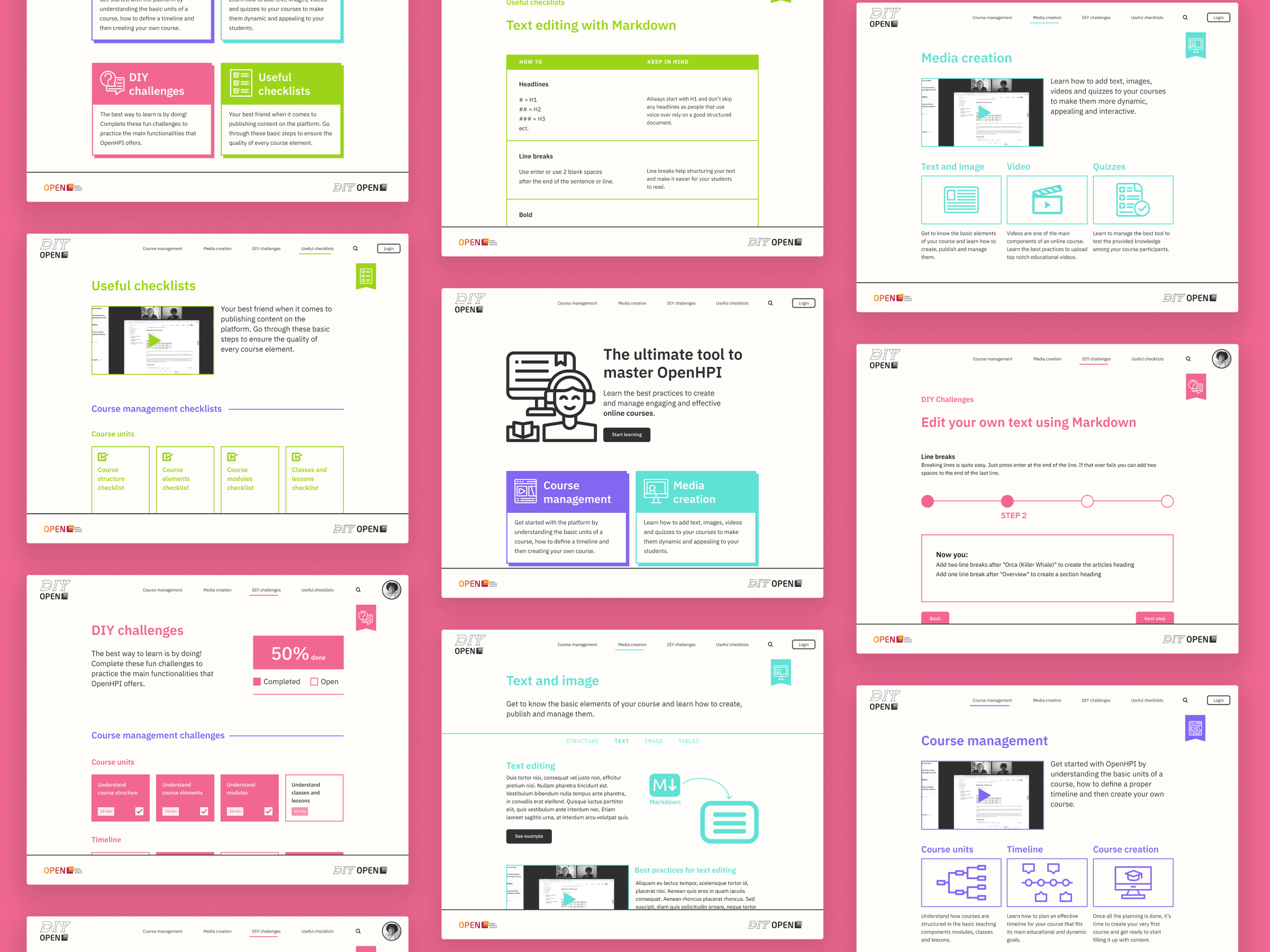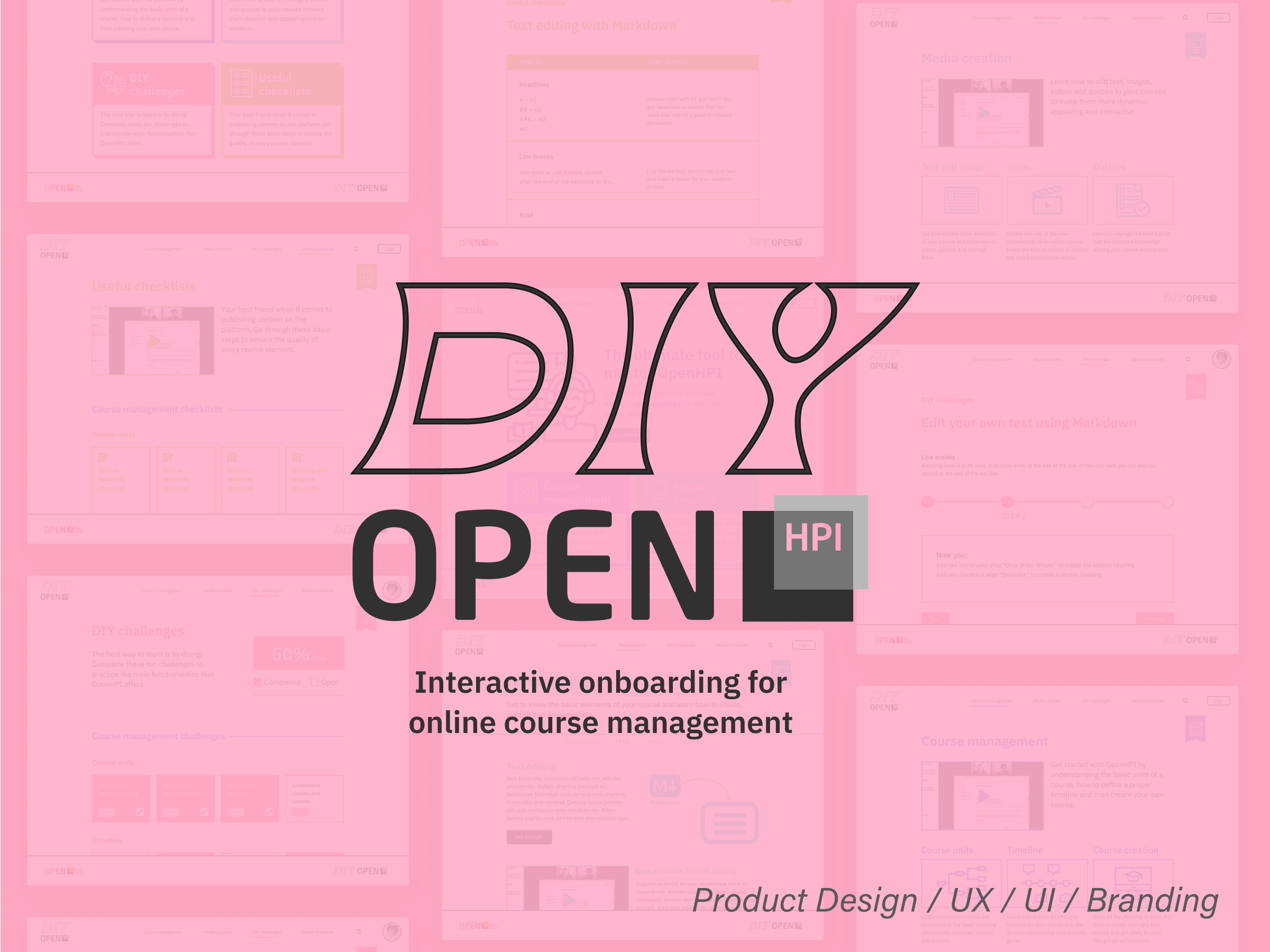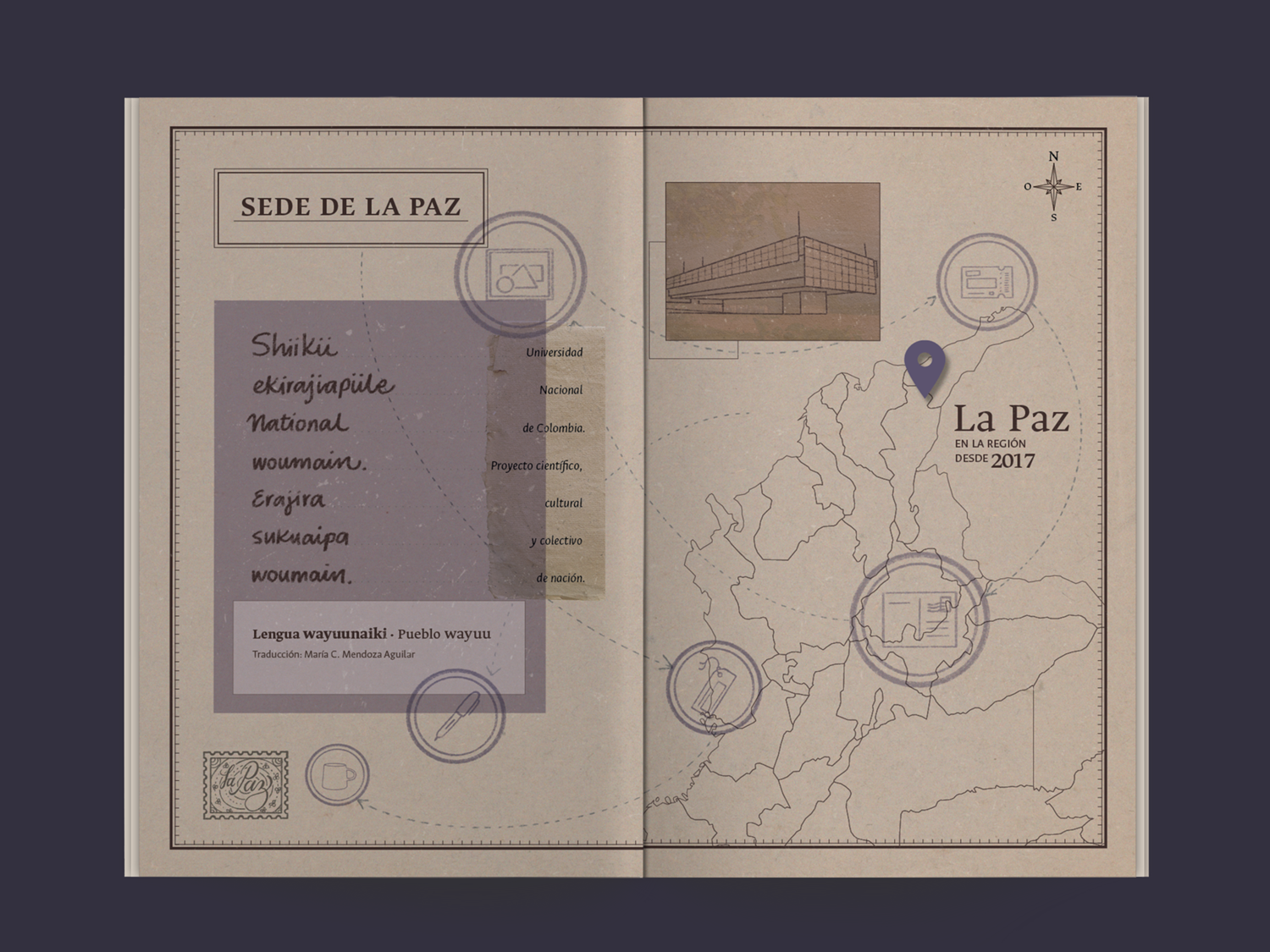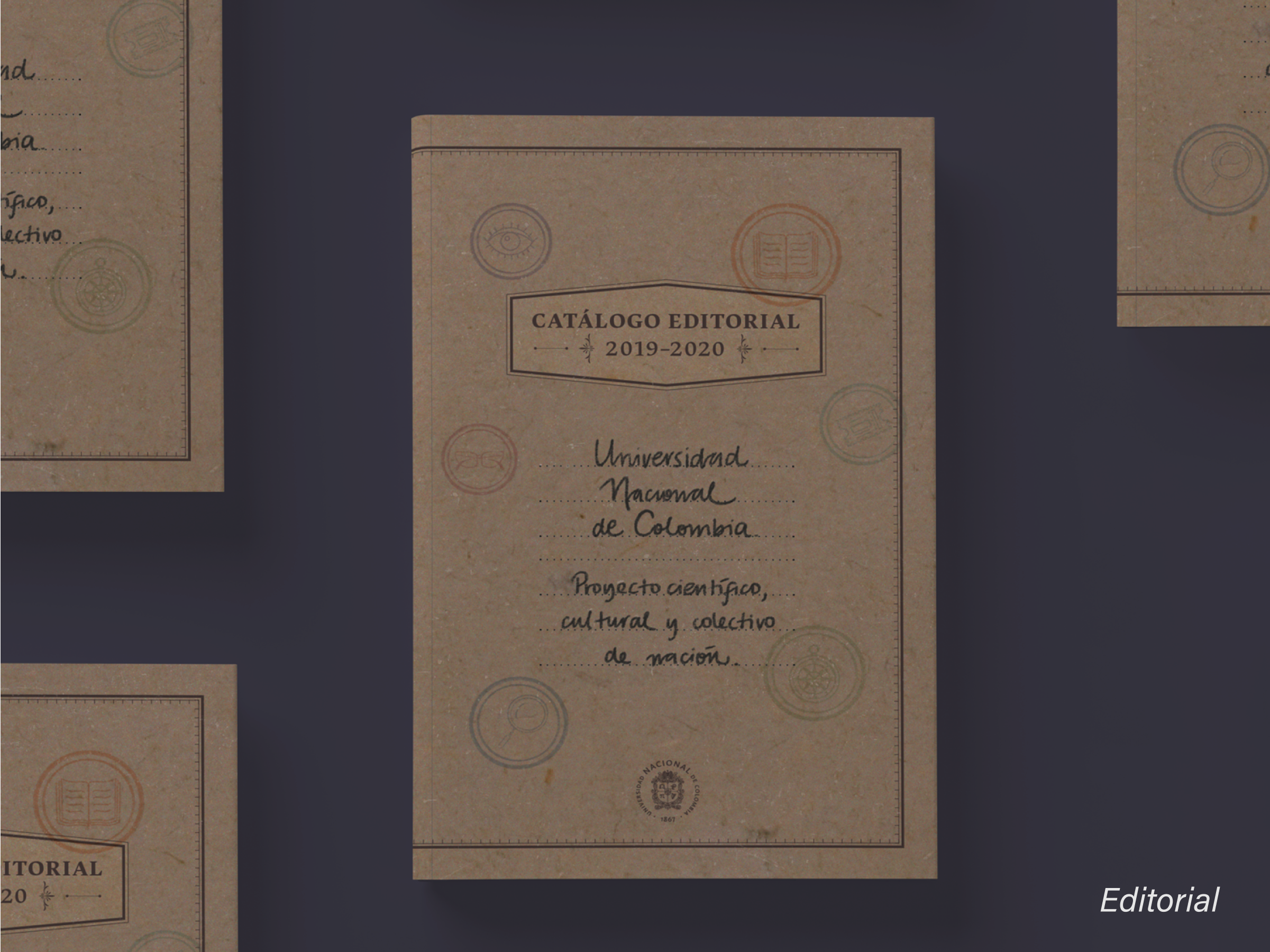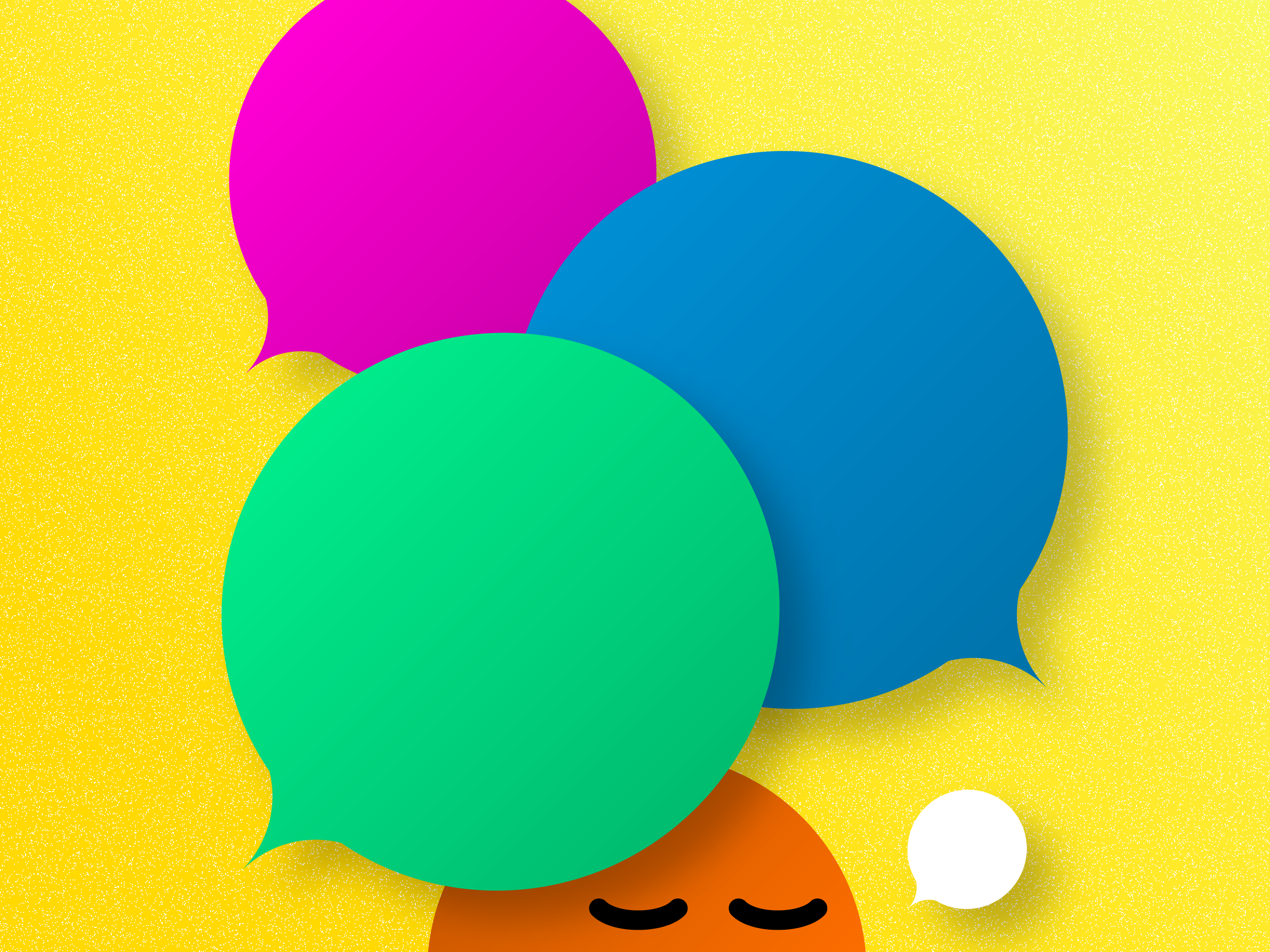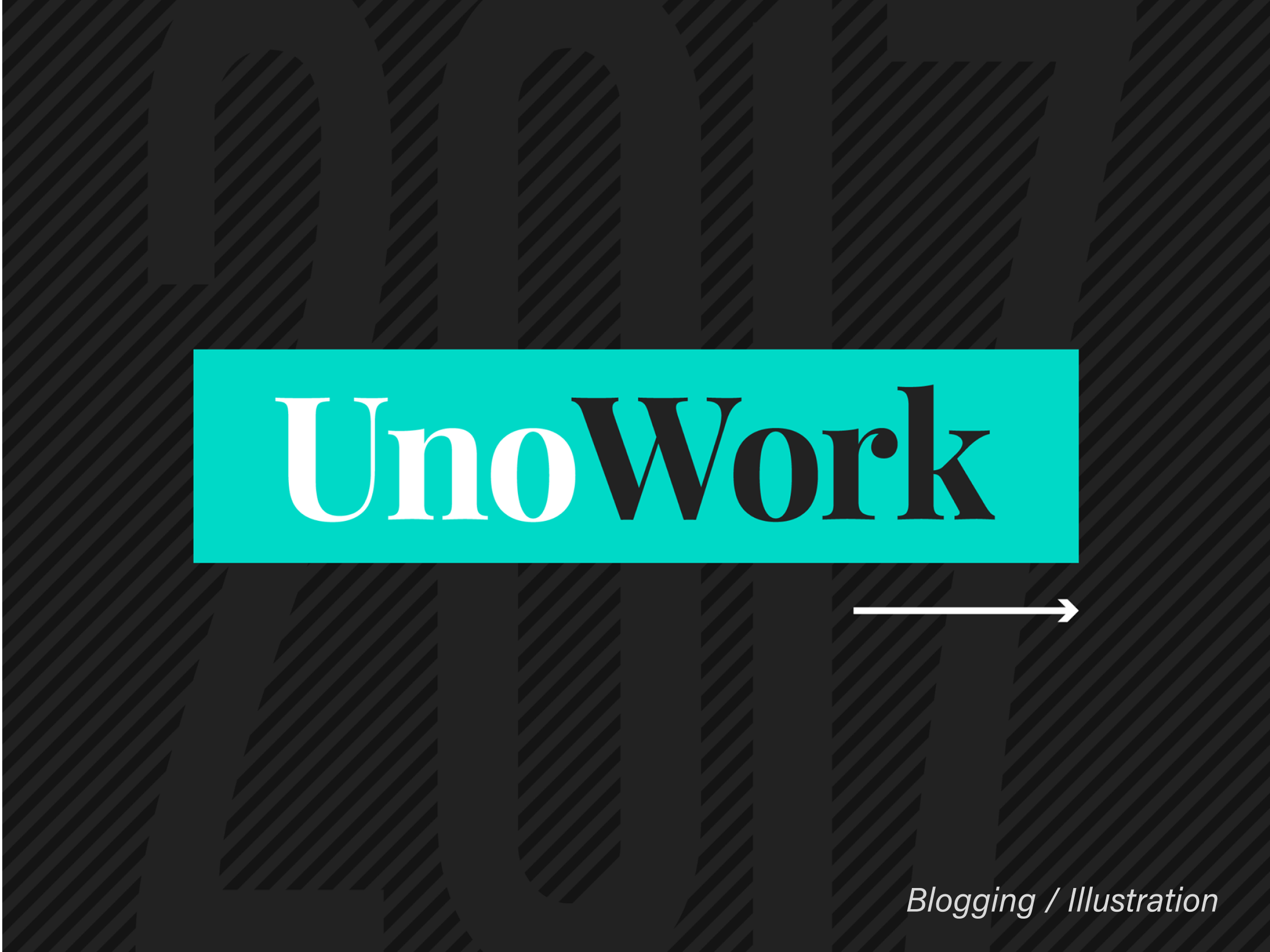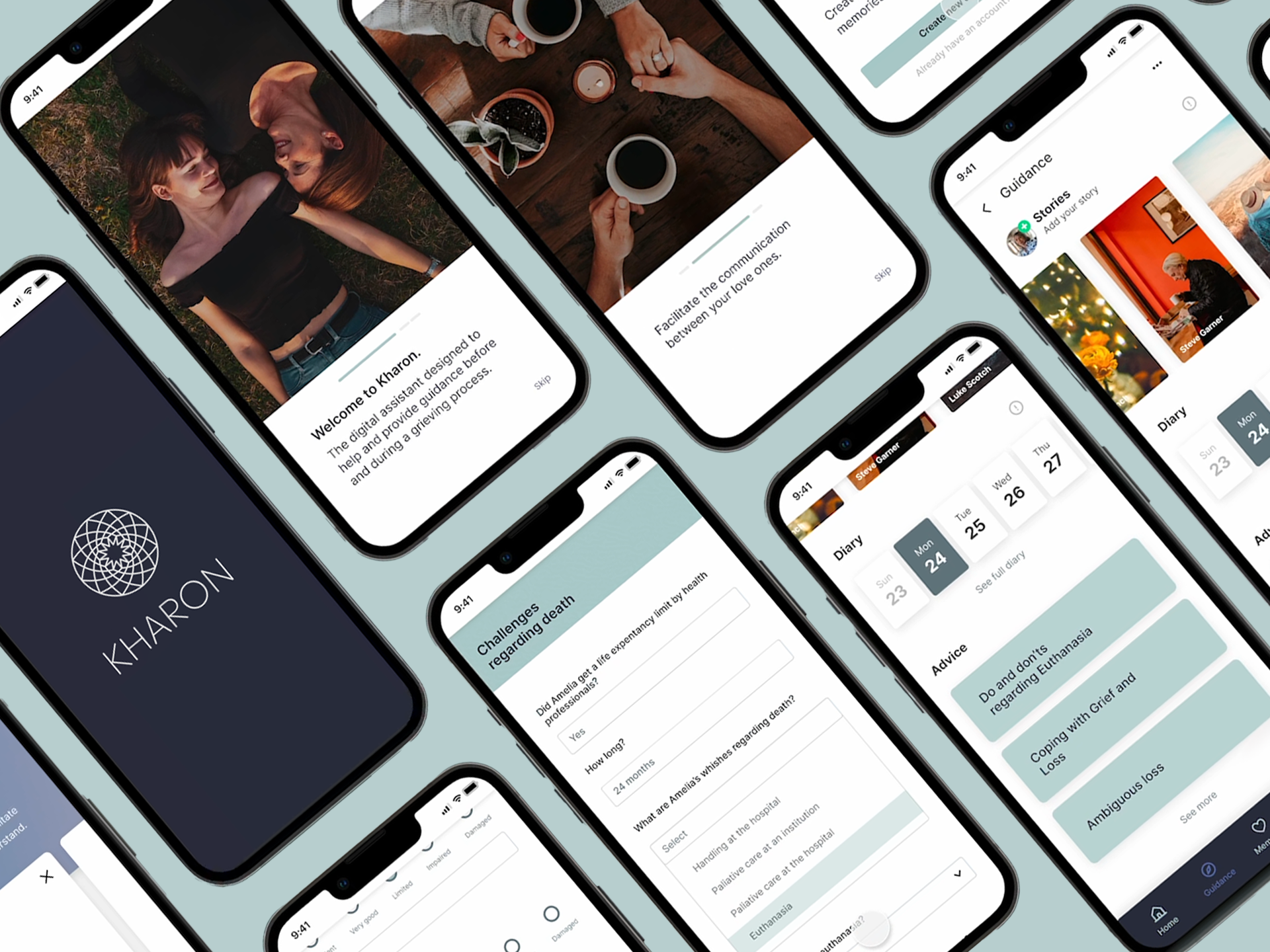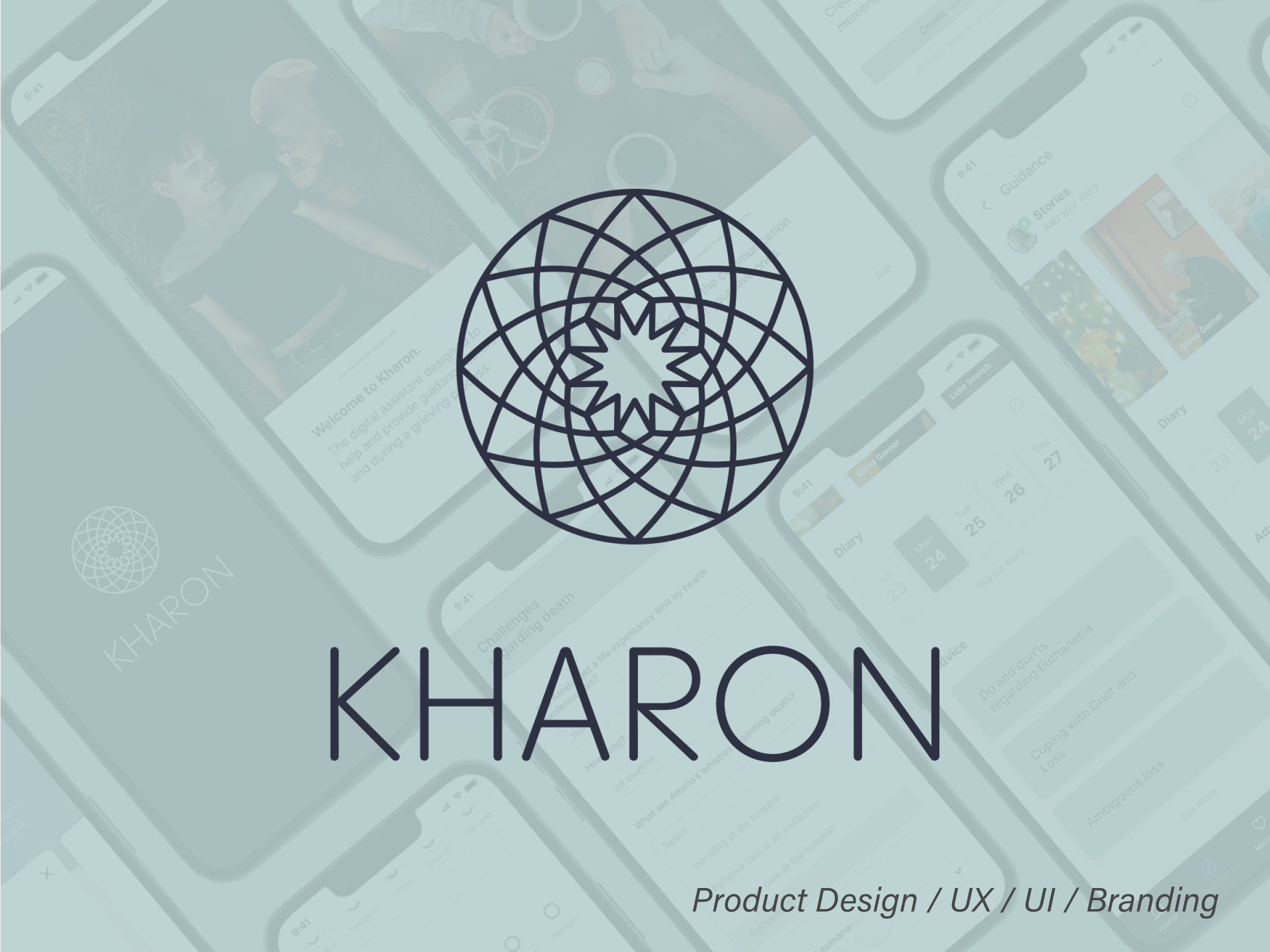The Experience Hub
A knowledge sharing community for corporate employees
Topic: Corporate Knowledge Management
Field: Corporate Design
Skills in Action: Product Design, User Research, Design Thinking, UX, UI, Prototyping, Stakeholder Engagement
In corporate environments with high turnover, where valuable knowledge often walks out the door with departing employees, The Experience Hub facilitates the exchange of insights and experiences between seasoned professionals and newcomers, and ensures that valuable knowledge remains within the organization, not only saving time, effort, and resources, but also promoting a more efficient workflow.
Project
Connecting people through the joy of helping
The Experience Hub is a digital platform that enhances companies workflows by facilitating knowledge sharing. It fosters a symbiotic relationship where users experience the joy of helping others and receive appreciation in return, driving human connection through emotional transactions.
By transforming a previous impersonal questionnaire interface into an inviting and more social space, the Experience Hub celebrates users' achievements, highlights their legacy, and emphasizes the positive impact of knowledge sharing within the corporate community.
Before
After
Challenge
Can a digital platform replace face to face interaction?
The main goal was to address the issue of knowledge loss during during off-boarding processes when companies do not have the human resource to ensure a proper face-to-face interaction in every case.
The German startup great2know asked our team to evaluate their prototype platform and propose an improved way to facilitate digital knowledge transfer. By focusing on the valuable knowledge of departing experienced employees, the goal was to replace an off-boarding process —that would usually be done in person with expert guidance or just not take place at all—, with a more efficient digital knowledge capture.
Process
How might we motivate people to share what they know?
While the platform had the potential to streamline a crucial process, the main finding of our research was a lack of motivation among employees to share their knowledge because they found it hard to picture how it would benefit anyone else when they were not personally teaching a real colleague. This helped us identify a void of connection, trust, and a sense of purpose —needed in order to feel like sharing is worth it—, caused by the digital and asynchronous environment. Other found obstacles in the process were the plethora of tools and the lack of a system.
Human connection
By immersing in workers day to day we discovered they were intrinsically motivated to share when they knew their knowledge was valuable and could help a colleague, whereas the resistance arose when sharing felt like an impersonal task to add to an already long to do list, and when they didn’t know the person in the receiving end. Thus fostering human connection through the platform became our goal.
The happy path
Imagining what a successful path through the process of knowledge sharing would look like, we asked key questions along the way in order to define our approach to human connection and to identify the pivotal moments that needed intervention.
Main touch points
A mapping of the knowledge transfer user journey allowed us to define three main touchpoints that could positively influence the outcomes with an intervention to target human connection.
How might we foster human connection through a digital platform?
We brainstormed ideas on each one of the defined touchpoints and selected them according to feasibility and impact.
Solution
High-Tech, Human Feel
We developed an enhanced digital platform that prioritizes human connection, motivation, and engagement. Our solution focused on creating an inviting and interactive user experience, transforming a routine task into a community-driven activity.
Key Features:
1. Engaging User Journey: We redesigned the user interface to shift from a solitary form-filling process to an interactive community environment. This included a clear and structured typology of knowledge, making it easier for users to navigate and contribute.
2. Avatar Interaction: Each category of knowledge is represented by a unique avatar character, making the process feel more personal. These avatars interact with users, asking for help and expressing gratitude, thus creating a sense of connection and appreciation.
3. Visual and Textual Communication: To foster a sense of human touch, we integrated visual and textual communication elements throughout the platform. This ensures that users feel a direct connection, even in a digital and asynchronous setting.
4. Motivational Drivers: By highlighting the impact of shared knowledge and celebrating users' contributions, we reinforced the intrinsic motivation to help colleagues. This approach helped employees see the value of their input and feel rewarded for their efforts.
Flowchart
Wireframes
Conclusion and Learnings
The culmination of this project resulted in the creation of an initial prototype application, accompanied by specific recommendations for great2know. While the full development of the application was not realized due to time constraints, the prototype served as a tangible demonstration of our design concepts.
It is important to note that these final features were the product of several rounds of iteration, informed by testing and co-designing with stakeholders. Testing yielded positive results, particularly in enhancing motivation to use the platform. However, it became evident that addressing issues related to company culture and the perceived relevance of knowledge sharing is vital. Without a concerted effort from companies to prioritize knowledge capture, even the most well-designed tools may struggle to motivate users effectively.
Credits
This project was undertaken as part of the Design Thinking Advance Track at the School of Design Thinking, Hasso Plattner Institute, Potsdam University, during the Summer Term of 2023.
HPI School of Design Thinking: Dr. Claudia Nicolai, Academic Director; Maria-Jose Juarez Rodriguez, Program Lead.
Coaches: Fabian Behnke, Donia Hamdami
Project Partner: great2know
Team
Malte Barth, Antonia Becker, Adriana Rodriguez-Conto, and Eva Spillmann.
